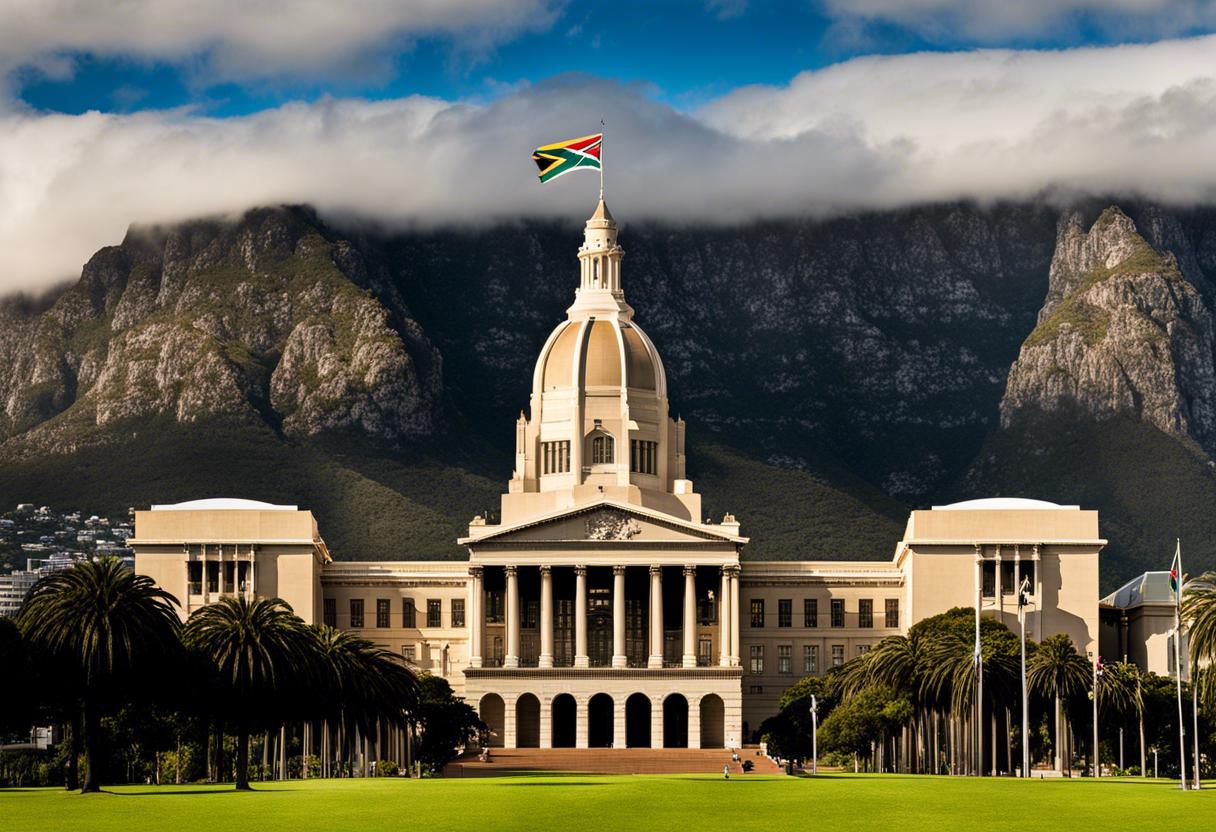Cyril Ramaphosa, the president of South Africa, unveiled his restructured cabinet on Sunday, appointing ministerial roles to rival political figures but keeping Enoch Godongwana, a key ally, in his role as finance minister, ensuring his economic strategy remains unchanged. This alteration in the executive followed over a week of dialogue after the African National Congress (ANC) extended an invite to its opponents to participate in what’s known as a national unity government, a move that came after it lost its majority in parliament in the elections on May 29th. Several parties agreed to this proposition, supporting Mr Ramaphosa’s resumption of presidency in return for other roles.
The reshuffled government now faces the challenge of tacking government inadequacy and persistent power issues that have stifled economic development and investment, further exacerbating the already severe unemployment crisis. “The formation of the national unity government in its current configuration is entirely unique in our democratic history,” Mr Ramaphosa stated in a broadcasted address on Sunday. He added that the incoming administration will prioritise achieving sustainable economic growth that includes everyone, and creating a fairer society by addressing poverty, inequality and unemployment.
After the announcement, the rand saw a brief rise of 0.9 per cent in Johannesburg. The country’s primary stock index has seen a 3.3 per cent increase post-election, with expectations that the involvement of pro-business parties in the administration will spur the economic reform ambitions that Mr Ramaphosa has already started.
John Steenhuisen, head of the Democratic Alliance which secured the second highest vote count in the election, was appointed as minister of agriculture, with additional five other members from his party securing cabinet positions. Inkatha Freedom Party leader Velenkosini Hlabisa, the party finishing fifth in the election, was named co-operative governance minister.
Mr Ramaphosa had a delicate balancing act to navigate, managing demands within his own party, from its labour union, and its communist allies to maintain key roles, and expectations from the new government participants to hold significant roles, not just secondary ones. The ANC will hold 22 cabinet positions. Meanwhile, Mr Ramaphosa was unable to fulfil his previous commitment to downsize his cabinet as he needed to cater to both powerful ANC leaders and its fresh alliance partners.

